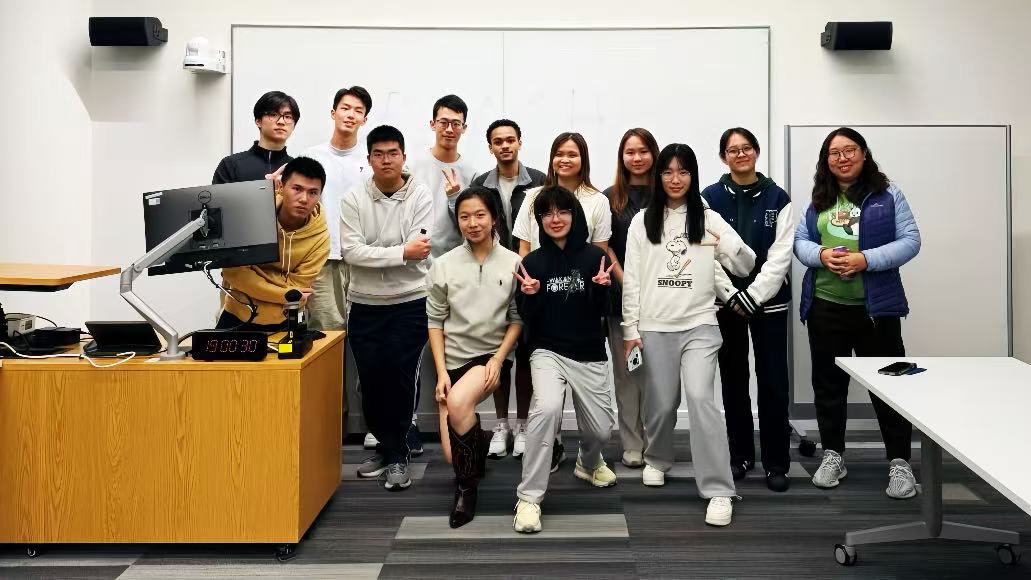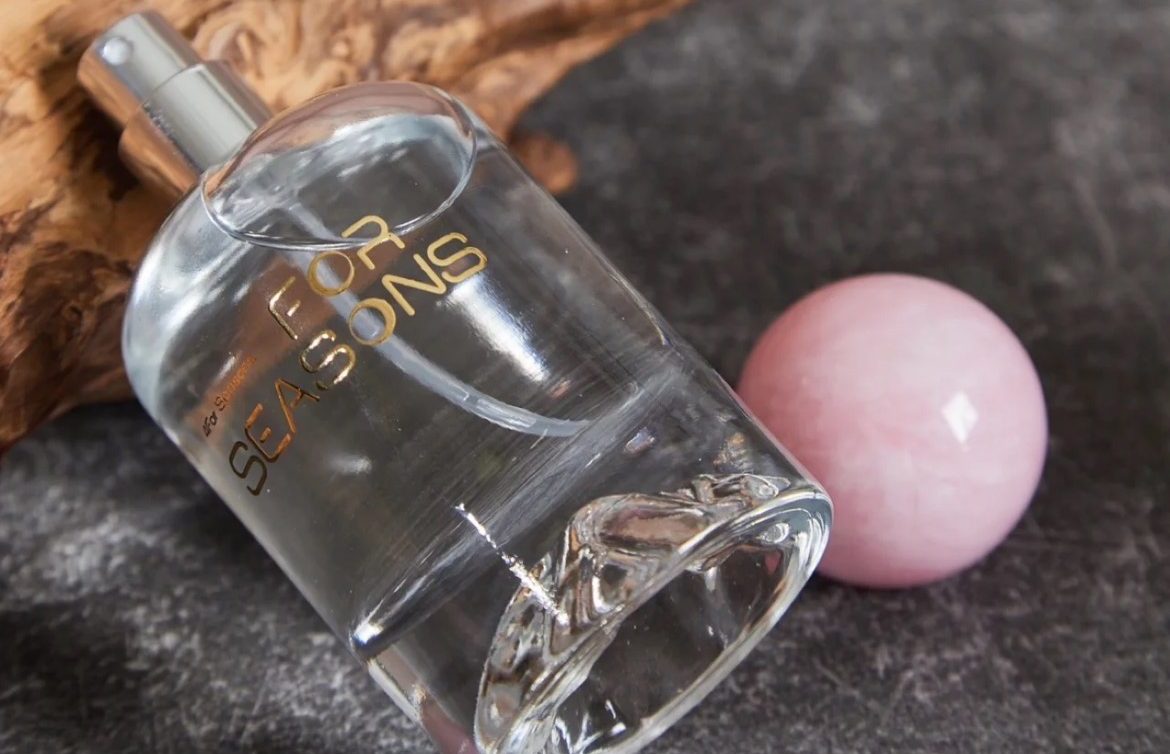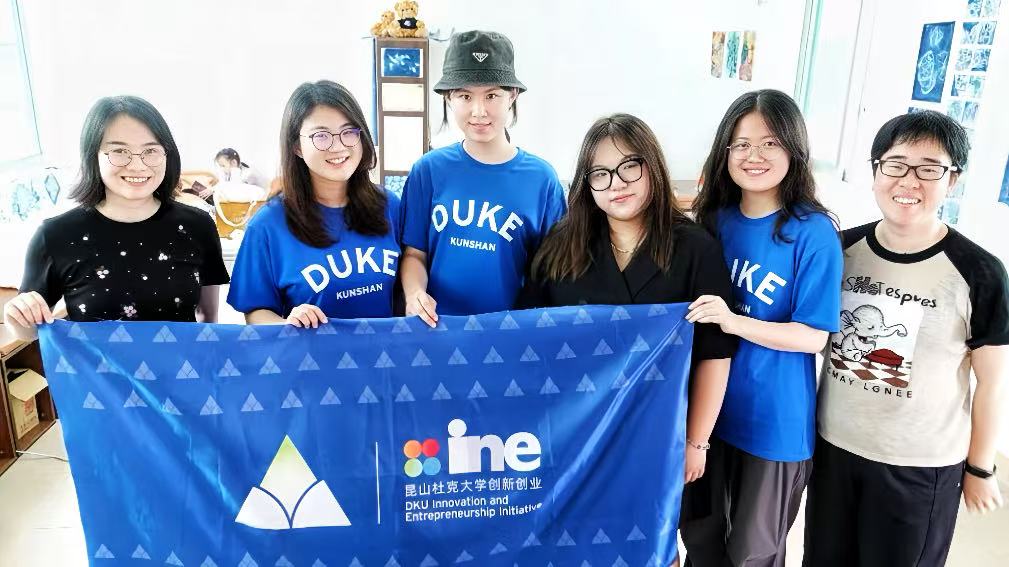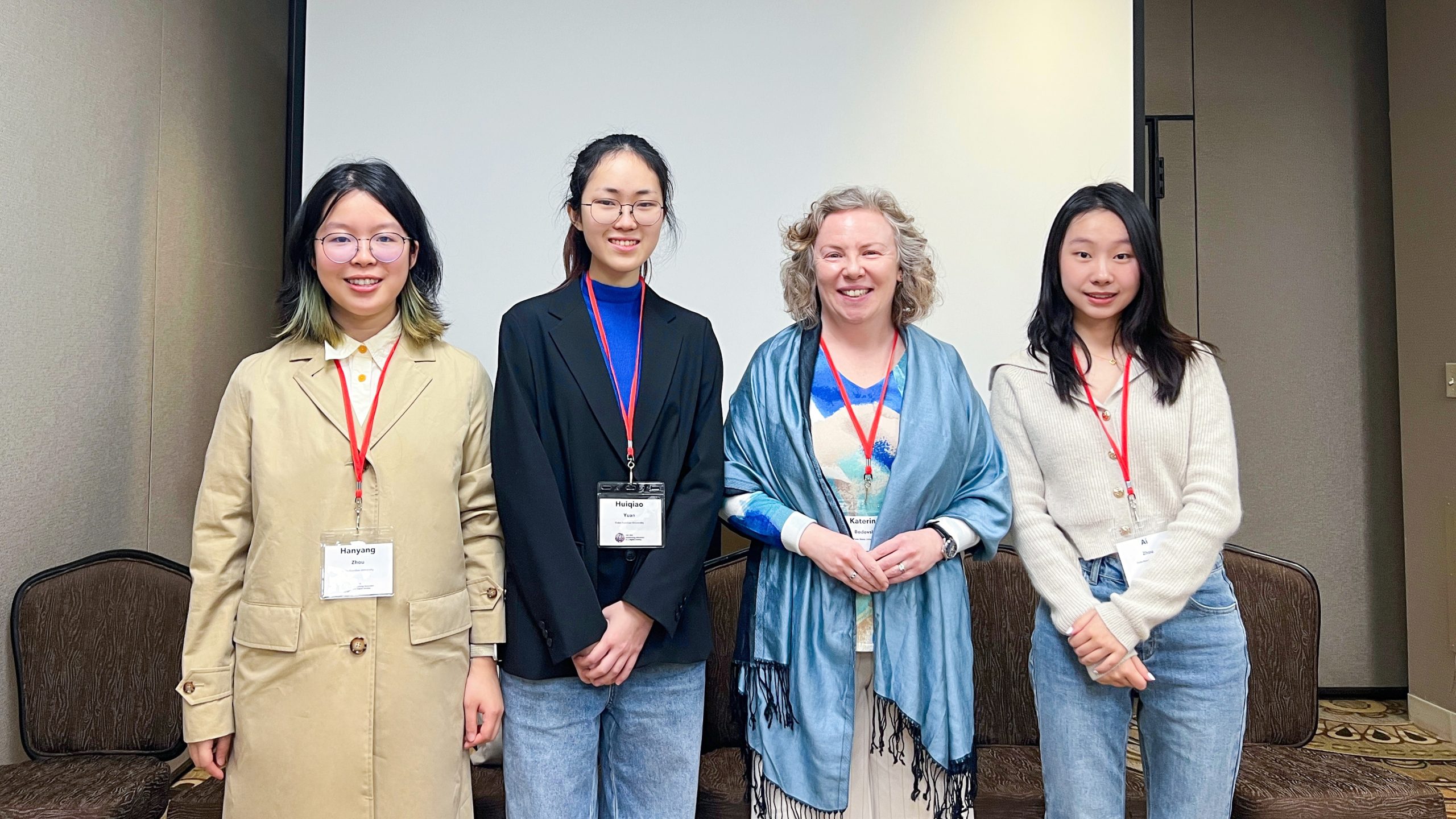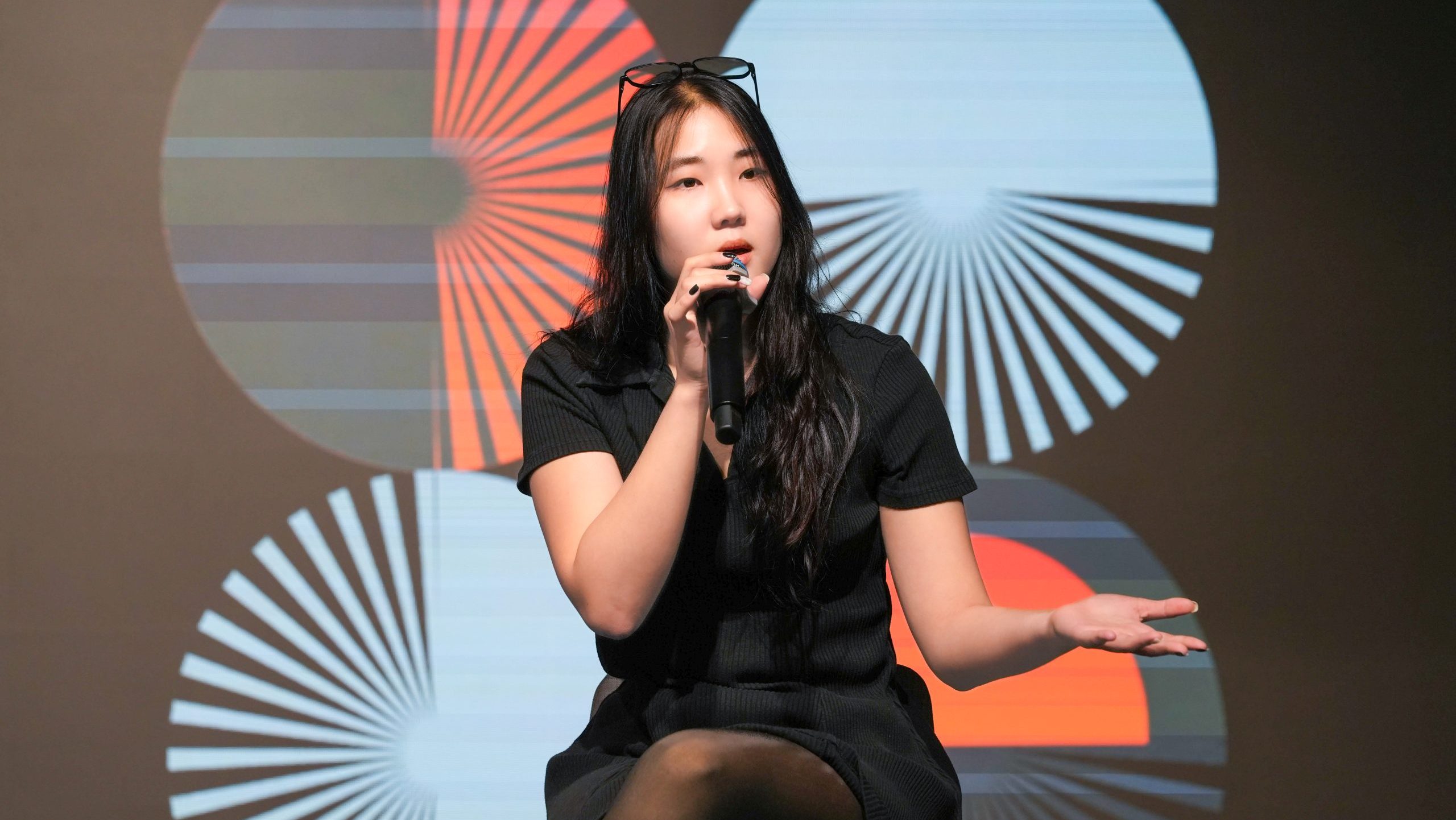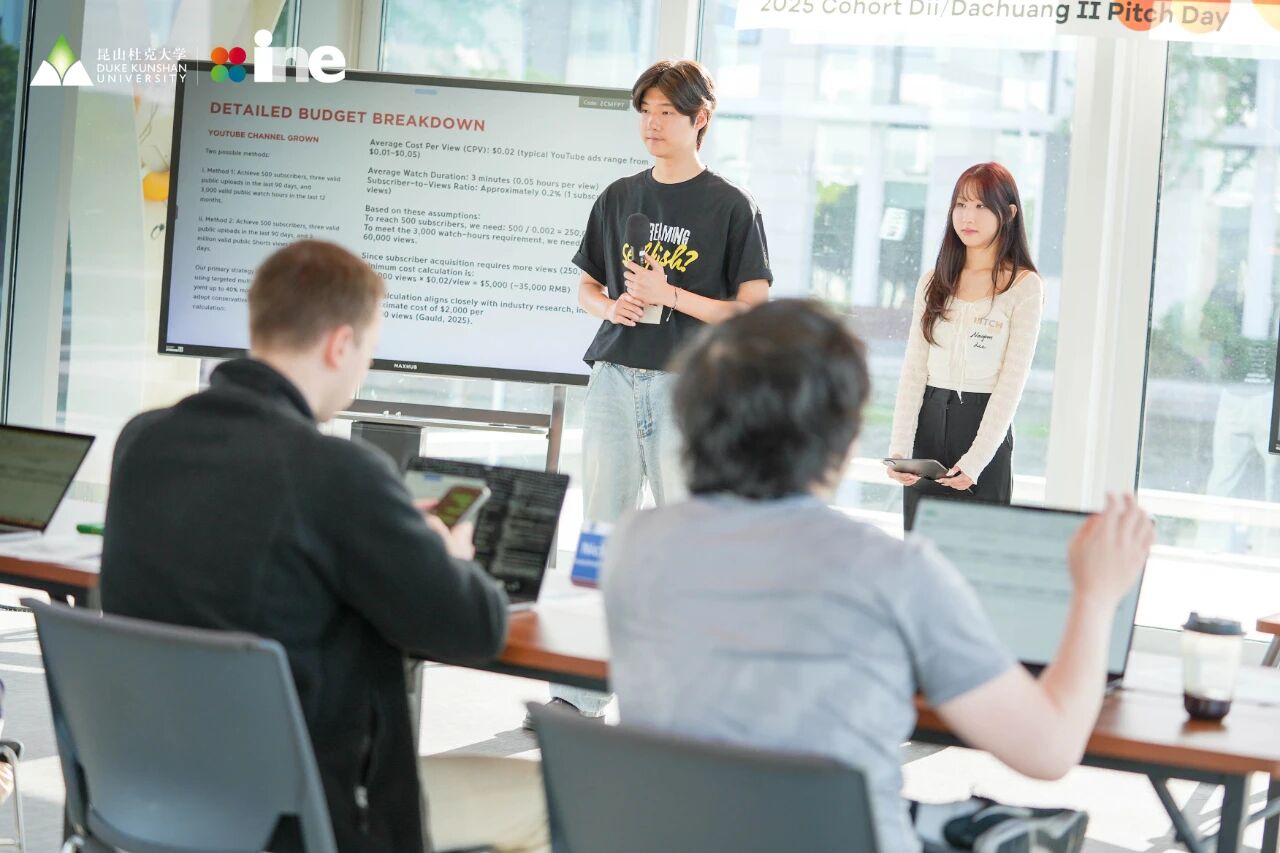"Dii"
Dii is an engine for cultivating and supporting startup ideas from across the DKU campus. We aim to leverage the dynamism and enthusiasm of young change-makers striving to have a positive impact on the world with their unique ideas and innovative products and services at DKU. Fostering innovative and entrepreneurial thinking in students has been one of our key missions.
Dii was launched in the fall of 2019 with the goal of building a comprehensive platform for students to practice innovation and entrepreneurship. Each year, we welcome a new batch of student startup teams to Dii. In the next two years, they will receive various resources and supports such as startup funds, professional guidance, and lab space and equipment, and receive systematic training on user insights, marketing and branding, business for good, etc., that empower them to turn entrepreneurial ideas into reality.
"iGEM"
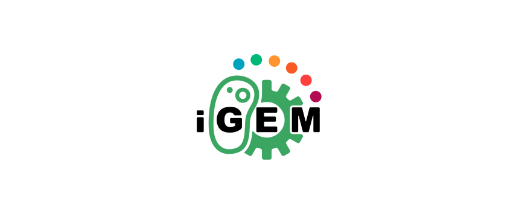
The iGEM (International Genetically Engineered Machine Competition) is a global scientific and technological competition held in synthetic biology. It is an annual, worldwide synthetic biology event held by the Massachusetts Institute of Technology (MIT), aimed at undergraduate university students, as well as high school and graduate students. The iGEM Competition, an international top science and technology event in the field of synthetic biology, gives students the opportunity to push the boundaries of synthetic biology by tackling everyday issues facing the world. Multidisciplinary teams work together to design, build, test, and measure a system of their own design using interchangeable biological parts and standard molecular biology techniques.
The competition in 2022 was held from October 26 to 28 in Paris, France in a hybrid mode of combining on-site and online. Two iGEM teams from Duke Kunshan University stood out among 356 participating teams from 41 countries and regions and won Two Silver Medals for their projects “Bioengineering Probiotics to Express Artificial Antibodies on Its Surface” and “An Environmental Pollution Analysis Tool Based on Synthetic Biology Technology.”
"Awarded Teams"
01 GutGuard
Bioengineering Probiotics to Express Artificial Antibodies on Its Surface
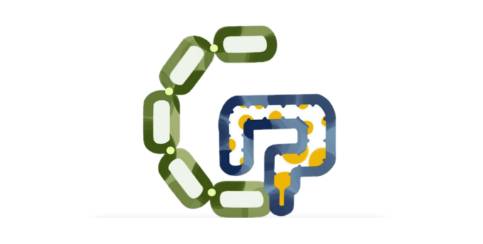
Project Description: The team expects that the cultured transgenic Escherichia coli, Lactococcus lactis, and yeast can successfully express artificial antibodies on their surface and exhibit the ability to bind to antigens. The experiment is carried out under the guidance of DKU Professor Linfeng Huang. This experiment is divided into four test sections: free antigen-free antibody interaction, free antigen-antibody bacterial interaction, antibody-engineered bacteria-antigen engineered bacteria interaction and pathogen-antibody engineered bacteria interaction. The research background of this project is based on Shigella detection and treatment. Shigella is a highly-contagious, intestinal invasive and incidental toxin-releasing pathogen and even low doses of 10-100 microorganisms can cause severe colorectal mucosal infection and bacillary dysentery. The research goal of this project is to inhibit the growth of intestinal bacterial pathogens through the adhesion of probiotics to pathogens. In addition, the team’s approach is advanced in that they have used the antimicrobial properties of probiotics such as E. coli Nissle 1917 to provide a new pathway for intestinal target-specific drug delivery. Combining the anti-bacterial properties of probiotics and artificial antibody-targeted therapy, this therapy has great potential in the treatment of intestinal bacterial infections.
Contestants:

On-site(Front left):
1st row: Lingrui Lai, Yuxiang He, Qizhou Jiang, Chang Sheng, Yuxin Wang;
2nd row: Jingyun Jin, Sihan Wang, Zhujun Yao, Renwei Gao, Yixuan Liu;
3rd row: Zhenyu Xu, Yixuan Wu
On-screen:
1st row: Sichang He
2nd row: Jasmine Santos, Yunyi Ru
02 DKU_China
An Environmental Pollution Analysis Tool Based on Synthetic Biology Technology

Project Description: Heavy metal pollution poses a major threat to human health nowadays. Their wide distribution in the environment has led to prolonged impacts on human health, and high concentrations can also appear in various circumstances, such as industrial production, mining, etc. These features amount to a “time bomb” for public health, ready to explode anytime and pose severe threats to the safety of the public. However, conventional heavy metal testing methods all have their current problems such as low cost-efficacy, low efficiency, non-environmentally-friendly, etc. Team DKU_China aims to tackle this challenge by propelling the development of a rising new method for pollution detection: synthetic biological whole-cell biosensors. This project is focused on the detection of copper in water to set an example and facilitate future research on the detection of other heavy metals. To achieve their goal, the team created a biosensor improved using high-throughput technologies, compared to traditional methods. They hope their efforts can help whole-cell biosensors become more widely accepted and applied in heavy metal detection.
Contestant:

Shiran Yuan
"Reflections"
Participation in the iGEM program experience involves teamwork, innovation, and academic research in various ways. Throughout the competition, they designed and built a drug for the elimination of antibiotic resistance shigella, approaching the problem in a novel way with probiotic living therapeutics. The experience was rich with conversations on real-world implications.
According to Lisa Wu, “we were able to connect with professors, biotech companies, and colleagues in the competition to gain insight into the potential application of our design and the current situation of the biotech industry.” Their abilities to conduct research in the wet lab and dry lab have also improved. As a team of 17 students, they gained friendships and learned from each other from the competition.
– GutGuard
“The time I spent participating in the iGEM competition was fulfilling and exciting. I didn’t know much about biology before, so I took this competition as a challenge to myself.” Yuan said. The process was definitely full of challenges: firstly self-learning synthetic biology, consulting literature, and then conducting market research, interviewing experts, publicizing and communicating, social practicing and business cooperation, collaborating, and finally conducting experiments, data analysis, writing, and video-editing, etc., Yuan completed the whole project process alone, which generally required a team of people to work together. Through this challenge, Yuan was familiar with every detail of a research project, thus laying a solid foundation for future research projects, which he believes is the most important gain that outweighs winning a prize!
– DKU_China
"Challenges"
The major challenges include funding issues and the lack of expertise. They had to work with the DKU reimbursement system, which was undergoing significant changes at the time. They were also faced with the problem that there was no previous experience in handling bacterial surface display systems at DKU. Realizing an experimental design is more than just spending hours in the lab and working through protocols – actively seeking external support is also essential. Whatever you encounter, contacting the InE team will be a brilliant solution – they will provide the team with instant and customized assistance.
– GutGuard
"Support from InE"
“We would like to express our sincere gratitude to InE for being responsive and supportive throughout the process. Especially big thanks to Frank, who managed our registration and merch purchase in no time.” Lisa Wu expressed. Dii also provided them with expert resources by actively interacting with DKU biology faculties in the judging process, which greatly helped them dig deeper into their design with expertise.
– GutGuard
“InE offered a wide range of timely assistance to my project,” Yuan said. “When I first heard about the iGEM, the first-round registration had already passed. When InE knew this, they swiftly helped me pay registration fees.” During the process of finishing his project, they also cared a lot about his progress and helped him unreservedly when he met with entrepreneurial cooperation issues. While his project was ending up, he needed support with poster and website visual design, and the InE team quickly helped him to contact sponsors. Without InE’s support and generosity, Yuan indicated this project would not have been possible.
– DKU_China
"Long-term Plan"
GutGuard plans to continue the iGEM project as a participant in iGEM 2023. A more solid design and a proposal are expected, taking biotech a step closer to real-world implications. They would also be active as an organization promoting scientific literacy and cutting-edge biotech knowledge at DKU.
DKU iGEM team 2023 will arise from iGEM Bio Journal Club members with solidified knowledge of synthetic biology and biotech. Visit their website (https://2022.igem.wiki/dku/) if interested!
– GutGuard
Shiran’s major is Applied Mathematics and Computational Sciences. Through the iGEM Competition, not only did he gain precious experience regarding how to conduct scientific research projects, but he also learned about connections between biology and modelling/AI. This helps him a lot with scientific projects he is currently working on or in the future.
– DKU_China

